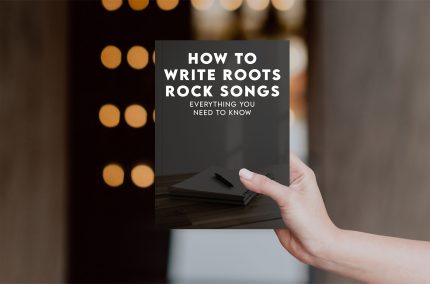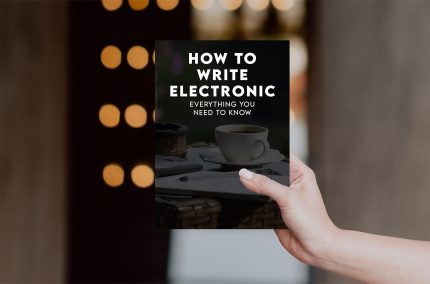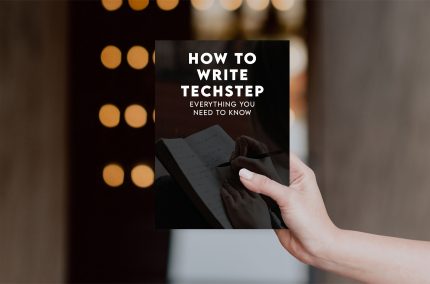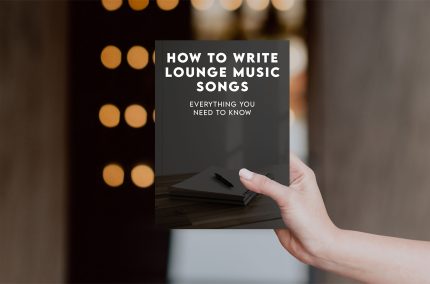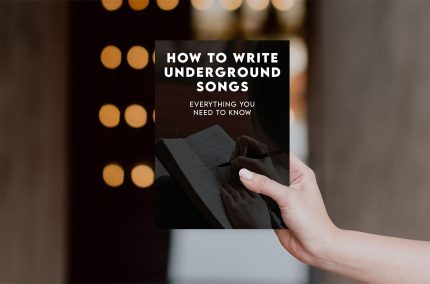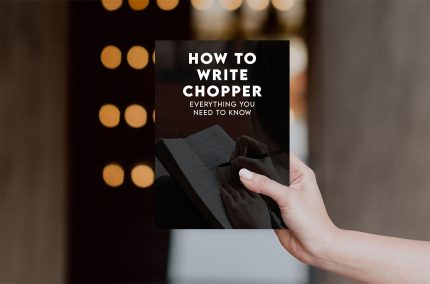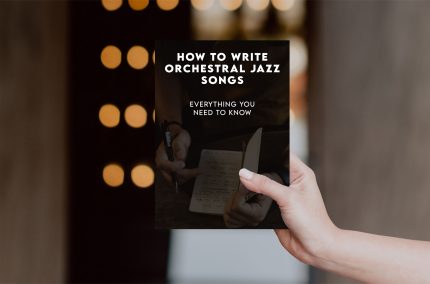How to Write Desert Blues Songs eBook (Instant Download)
- Ending tags and codas that feel classic
- Lyric cool: subtext, irony, and winked punchlines
- Blues forms, rhythm changes, and reharm basics
- Comping that leaves space for the story
- Phrasing over swing vs straight feels
- Solo structure—motifs, development, release
- Vocalists and bands blending tradition with fresh stories
- Rhyme colour palettes
- Coda/ending cheat sheet
- Motif practice prompts
- Form maps
How to Write Gangsta Rap Songs eBook (Instant Download)
- Tempo ranges, pocket tests, and 808 kick conversations
- Sampling, interpolation, and clearance must knows
- Cadence design, breath planning, and rhyme systems
- Scene writing, dialogue, and specificity without self incrimination
- Hook strategy, call and response, and crowd space
- Mixing for heavy low end and clear vocals
- Rappers, writers, and producers who want realism with craft
- Lyric prompts, flow drills, and stack blueprints
- Deliverable specs for DJs and platforms
- Troubleshooting for weak hooks, stiff grooves, and muddy subs
How to Write Darkstep Songs eBook (Instant Download)
- Sound design for menace—reese, growls, and saturation
- Rhythm grids and syncopation at high speed
- Drop construction without losing groove
- Lyric and vocal textures that feel dystopian
- Master bus safety when everything is loud
- Tension building with silence, swells, and risers
- Producers chasing heavy clubs and late‑night radio
- Bass patch starting points
- FX riser recipes
- Drop architecture blueprints
- Limiter safety checklist
How to Write Tejano Tex-Mex Songs eBook (Instant Download)
- Simple release plans you’ll actually follow
- Revisions that keep truth and drop filler
- Turning messy feelings into singable lines
- Structures that carry emotion without padding
- Imagery and objects that beat vague angst
- Melody writing that respects your range
- Artists who want repeatable, pro‑feeling results without losing soul
- Prompt decks
- Templates
- Troubleshooting guides
- Tone sliders
How to Write Jazzstep [Fr] Songs eBook (Instant Download)
- Phrasing over swing vs straight feels
- Solo structure—motifs, development, release
- Lyric cool: subtext, irony, and winked punchlines
- Blues forms, rhythm changes, and reharm basics
- Ending tags and codas that feel classic
- Comping that leaves space for the story
- Vocalists and bands blending tradition with fresh stories
- Rhyme colour palettes
- Motif practice prompts
- Form maps
- Coda/ending cheat sheet
How to Write Roots Rock Songs eBook (Instant Download)
- Chorus design for shout‑back moments
- Riff writing and modal flavours that stick
- Setlist pacing and key flow
- Lyric realism—scene details over abstract angst
- Recording loud without a blanket of fizz
- Arranging for three‑piece vs five‑piece clarity
- Bands and writers chasing catharsis with modern punch
- Tone‑taming mix guide
- Chorus chant templates
- Lyric scene prompts
- Riff starters
How to Write Electronic Songs eBook (Instant Download)
- Simple release plans you’ll actually follow
- Structures that carry emotion without padding
- Imagery and objects that beat vague angst
- Revisions that keep truth and drop filler
- Turning messy feelings into singable lines
- Melody writing that respects your range
- Artists who want repeatable, pro‑feeling results without losing soul
- Troubleshooting guides
- Prompt decks
- Tone sliders
- Templates
How to Write Techstep Songs eBook (Instant Download)
- Melody writing that respects your range
- Structures that carry emotion without padding
- Simple release plans you’ll actually follow
- Revisions that keep truth and drop filler
- Imagery and objects that beat vague angst
- Turning messy feelings into singable lines
- Artists who want repeatable, pro‑feeling results without losing soul Results you can repeat. What you get
- Prompt decks
- Tone sliders
- Templates
- Troubleshooting guides
How to Write Lounge Music Songs eBook (Instant Download)
- Motif rotation for long cues and playlists
- Lyric minimalism or instrumentals that still feel human
- Chord colours that soothe without boredom
- Texture swaps, not big drops—arrangement for ambience
- Mix moves for cafes, lobbies, and streams
- Writing music that supports spaces without stealing focus
- Composers and artists aiming for sync, retail, and hospitality playlists
- Cue templates
- Client brief translator
- Loop/export settings
- Palette swatches
How to Write Underground Songs eBook (Instant Download)
Design songs that travel by trust and stand up in small rooms. Choose texture over gloss and pocket over trends. Write with community in mind and give listeners lines they can carry. Keep arrangements clear so every hit counts.
- Scene aware lyric frames and local imagery
- Groove building with minimal kits and human swing
- Palette choices for dirt, air, and character
- DIY recording routes that sound intentional
- Release plans for rooms, tapes, and selectors
You get: Prompts, drum racks, rollout checklists, and set flow guides. Outcome: Honest songs that spread fast by word of mouth.
How to Write Chopper Songs eBook (Instant Download)
Deliver rapid-fire verses with breath control and razor diction. Map syllables to the grid without losing swagger. Build hooks that contrast speed with space. Produce drums that support machine flow and still feel human.
- Subdivision drills and tongue twister workouts
- Cadence grids for triplet and sixteenth patterns
- Hook contrast plans with long vowels and chants
- Breath marks and punch-in strategies that sound natural
- Mix choices for crisp consonants and steady low end
You get: Practice regimens, verse templates, metronome games, and chain presets. Outcome: Fast verses that stay clear and lethal.
How to Write Orchestral Jazz Songs eBook (Instant Download)
Marry swing to cinema with scores that breathe and grooves that walk. Write melodies that survive on piano, then orchestrate with strings, winds, and brass that clarify time. Give soloists runways and backgrounds that lift without crowding.
- Rhythm section engines for club and hall
- Extended harmony with clear voice leading
- Brass shouts, woodwind colors, and string pads
- Solo frameworks, vamps, and cadenza options
- Notation and rehearsal flow that saves hours
You get: Score templates, part layouts, cue language, and recording plans. Outcome: Orchestral jazz that feels inevitable and generous.

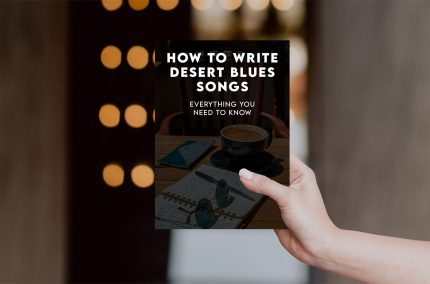
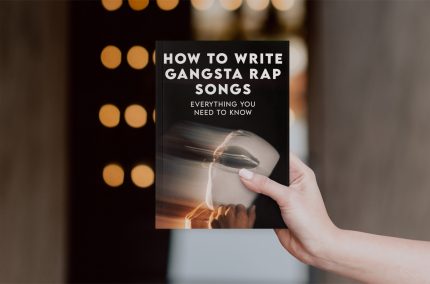
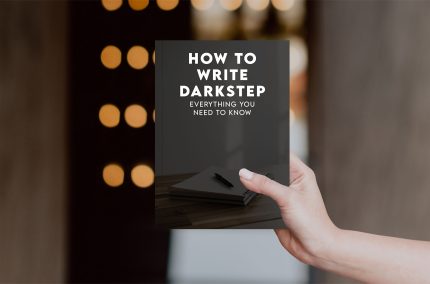
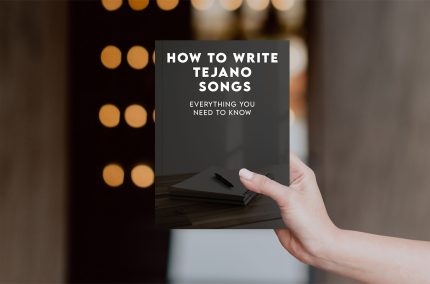
![How to Write Jazzstep [Fr] Songs](https://lyricassistant.com/wp-content/uploads/2025/10/How-to-Write-Jazzstep-Fr-Songs-430x284.jpg)
